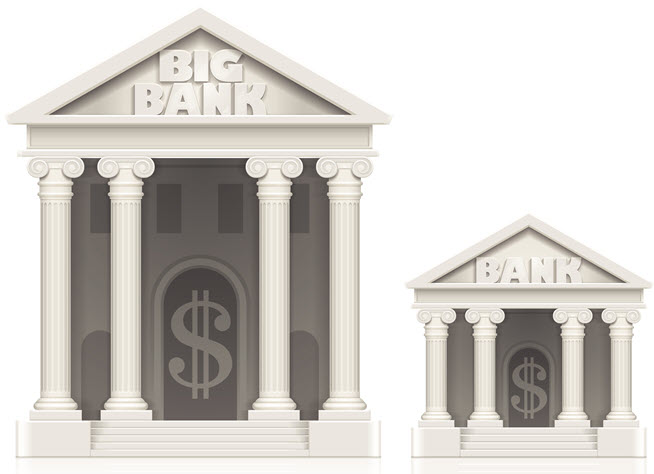As more people begin to get vaccinated, we are eager to return to what life was like in the "before times" to plan vacations, in-person meetings, even concerts and ballgames. When it comes to the workplace, there is no turning back the clock to how we used to do things. Wise leaders will capitalize on the innovations developed during the transition to continue remote operations by retaining the process improvements to be sustainable, regardless of what comes next.







